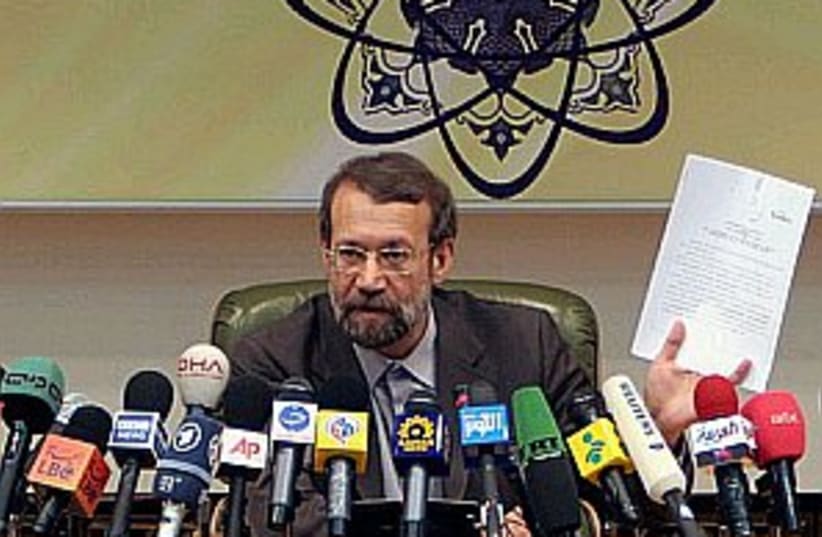| JPOST.COM HIT LIST | |
| JPost.com's most popular articles this past week |
Livni: Israel won't ignore Iran threat
FM says Israel was founded to shield Jews and assure their independence.


| JPOST.COM HIT LIST | |
| JPost.com's most popular articles this past week |